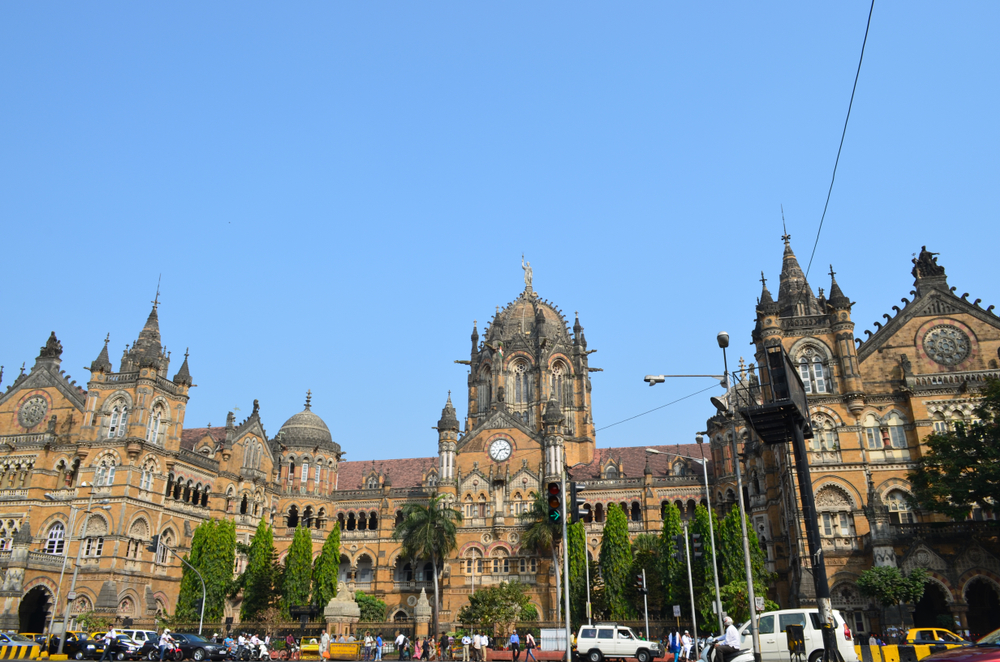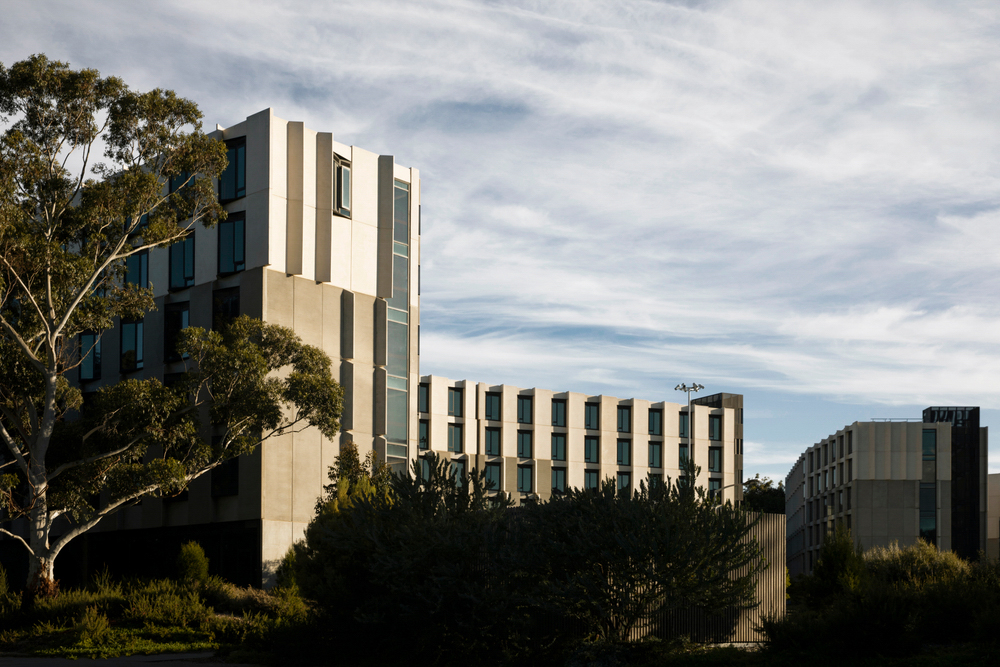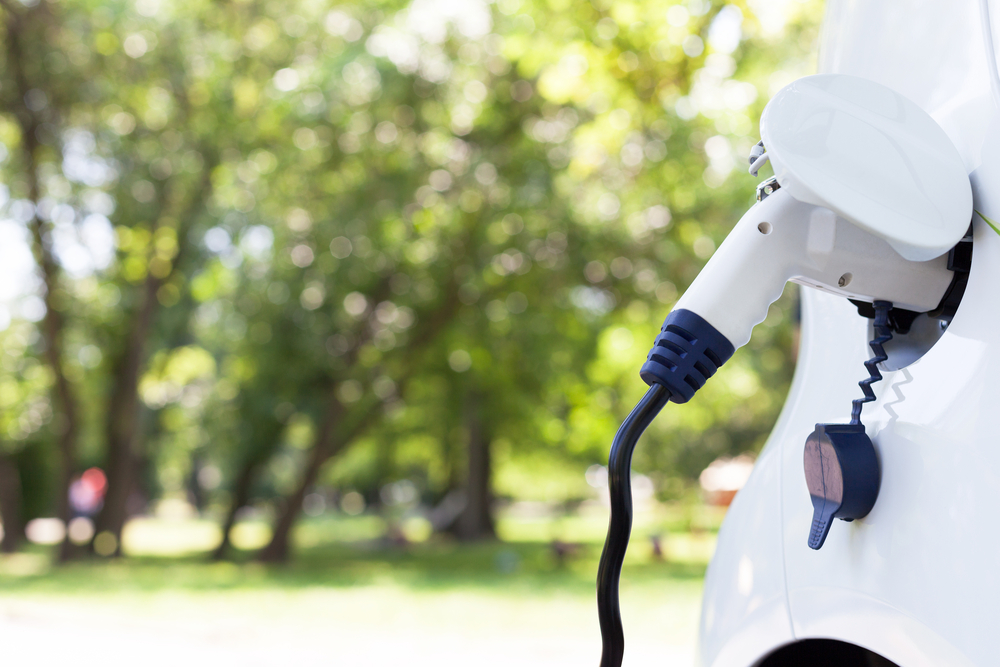
Central Railway, Mumbai, in association with the UN Environment Programme (UNEP) and Tata Power have launched their novel green initiative for promoting e-mobility in Mumbai. As a part of this initiative, charging points for electrical vehicles (EVs) will be made available at all important railway stations in the island city, the suburbs and adjoining Mumbai Metropolitan Region.
The charging points will cover a wide geographical area and offer a seamless experience for EV owners to charge their vehicles through a pay-per-use model.
The collaborative venture aims to boost the overall e-mobility sector and encourage green mobility around railway stations, which are transport modal hubs.
In the first phase, contracts have already been awarded for railway stations including Thane, Dadar, Parel and Byculla. For the second phase, tenders have been floated for the next set of stations including Lokmanya Tilak Terminus (LTT), Bhandup, Panvel and Kalyan.
Areas at the entry-exit points of railway stations with parking facilities have been earmarked for the charging stations as per availability.
Head of UNEP’s India Office, Atul Bagai, said a transition to e-mobility is one of the best solutions for combatting the challenges of air pollution and the climate crises with electrification being a flexible, energy-efficient and sustainable way to decarbonise the economy.
“India is taking a step in the right direction towards achieving a cleaner transport sector through this tri-party initiative. We are proud to be working closely with Central Railway and Tata Power to leverage cleaner energy sources and nudge India towards adopting them more widely,” Bagai said.
Senior Divisional Commercial Manager of the Central Railway of Mumbai, Robin Kalia, detailed that an EV charging station has been installed at Chattrapati Shivaji Maharaj Terminus (CMT) in partnership with TATA Power and UNEP.
“We plan to extrapolate this model for installing EV charging stations at all major Railway Stations under Mumbai division. This endeavour owes its successful implementation to the strategic leadership of Shri Shalabh Goel, Divisional Railway Manager, Mumbai,” Kalia commented.
CEO and Managing Director of Tata Power, Praveer Sinha, added: “We are extremely glad to collaborate with the UNEP and Central Railway for our clean mobility initiatives. This partnership is important for us as it will demonstrate our commitment to provide greener and cleaner e-mobility solutions to consumers in the Mumbai, capital city of Maharashtra.”
The expansion of charging points will augment Tata Power’s network of 300 already in place in 40 different cities.
E-mobility is important for reducing greenhouse gas emissions and air pollution. Today, transport contributes to approximately one-quarter of all energy-related carbon dioxide emissions, and is set to reach one-third, growing faster than any other sector.
In India, the transport sector accounts for 18 per cent of total energy consumption and contributes an estimated 142 million tonnes of CO2 emissions annually, out of which 123 million tonnes is contributed by the road transport segment alone.
UNEP supports the shift to electric mobility worldwide, and is implementing a global programme to support countries with the shift to electric mobility. The programme supports more than 60 country projects, including India, where upcoming projects include the electrification of India’s government car fleet with the support of the Global Environment Facility.
About Central Railway
Mumbai Division of Central Railway falls in the jurisdiction of Maharashtra State, serving civil Districts of Greater Mumbai, Thane, Raigad, Pune and Nasik. The Division serves the commercial, financial and industrial capital of the country. The suburban system of Mumbai is considered the lifeline of the city, carrying more than four million passengers daily, running more than 1700 services daily making it one of the densest suburban sections of the world. It spans 576.15 route kilometres having 107 stations in total comprising 80 suburban stations. Mumbai Division is also running the Narrow gauge trains between Neral and Matheran Hill station, also known as Matheran Light Railway, which is a very popular tourist attraction.
About the UN Environment Programme
UNEP is the leading global voice on the environment. It provides leadership and encourages partnership in caring for the environment by inspiring, informing, and enabling nations and peoples to improve their quality of life without compromising that of future generations. UN Environment works with governments, the private sector, civil society and with other UN entities and international organisations across the world.
About Tata Power
Tata Power is India’s largest integrated power company and, together with its subsidiaries and jointly controlled entities, has an installed/managed capacity of 12,772 MW. A pioneer in the field, it has a presence across the entire power value chain – generation of renewable as well as conventional power including hydro and thermal energy, transmission and distribution, trading and coal as well as freight logistics. With nearly 2.6GW of renewable energy assets in solar and wind accounting for 30 per cent of the company’s portfolio, Tata Power is a leader in clean energy generation.











